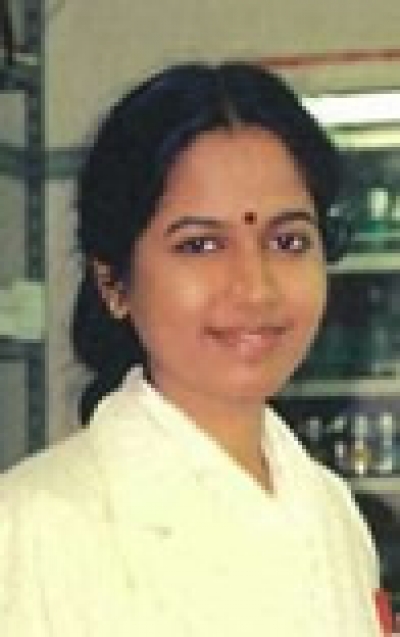
Dr. Lakshmi Seetha Ram
- From
- Chennai
- Degree
- Graduated from doctoral studies at the Graduate School of Medicine in 1993 and the Institute of Medical Sciences (IMS) in 1996, the University of Tokyo A member of the Health committee of the spouses association of the Asian Development Bank (ADBSA), a regional expert for the UN-HABITAT and a Board Director of the Institute of Sathya Sai Education (ISSE) San Pedro
Message
Please give a short introduction about yourself.
I come from Chennai, India. I studied at the University of Tokyo in the early 1990s. I was one of the first graduate students from India at the University of Tokyo Institute of Medical Sciences (IMS).
Please give a simple description of your work at your workplace / laboratory.
My research was on oncogenes and signal transduction especially role of Flt-1 binding to VEGF and angiogenesis. After completing my Ph.D in Medicine 1993, I was a post doctoral fellow at IMS until 1996. Between 2008 and 2012, I guided research work by the medical doctors at the Tan Tock Seng Hospital in Singapore. I also compiled a research guide for fellow researchers and physicians titled "Connecting the Pill, the Patient and the Petridish."
What lead you to your current activities?
Upon moving to the Philippines in 1997, as an active member of the Health committee of the spouses association of the Asian Development Bank (ADBSA) and a regional expert for the UN-HABITAT, I designed and conducted several programs on health, education, water, hygiene, and sanitation. Since 2000, I am a Board Director of the Institute of Sathya Sai Education (ISSE) San Pedro that conducts training and diploma level programs on integration of Human values in education. I also direct a model primary school, Sathya Sai School Pililla, in the Philippines, operated by the ISSE. This school showcases innovative approaches in education for character development in children. In February 2006, Dr. A P J Abdul Kalam, then President of India, released my publication on Education, VIDYA — Values Integration for Developing Young Adults, a guidebook for primary and secondary level educators, teacher trainers and parents.
How do you like life in Japan and Japanese culture?
We cherish the time we spent in Japan. Our children were born in Japan and commenced their hoikuen and yochien there.
We appreciate many aspects of Japanese culture. In many ways, Japan has become our second home, after India.
We appreciate many aspects of Japanese culture. In many ways, Japan has become our second home, after India.
Please give a message to students or researchers in your home country who may be thinking about studying in Japan?
Every country, every culture is unique. Studying and living in Japan is a wonderful opportunity. I wish you will be able to gain knowledge and confidence when go back to your home country and adapt this knowledge so that you can serve the people and improve lives.

